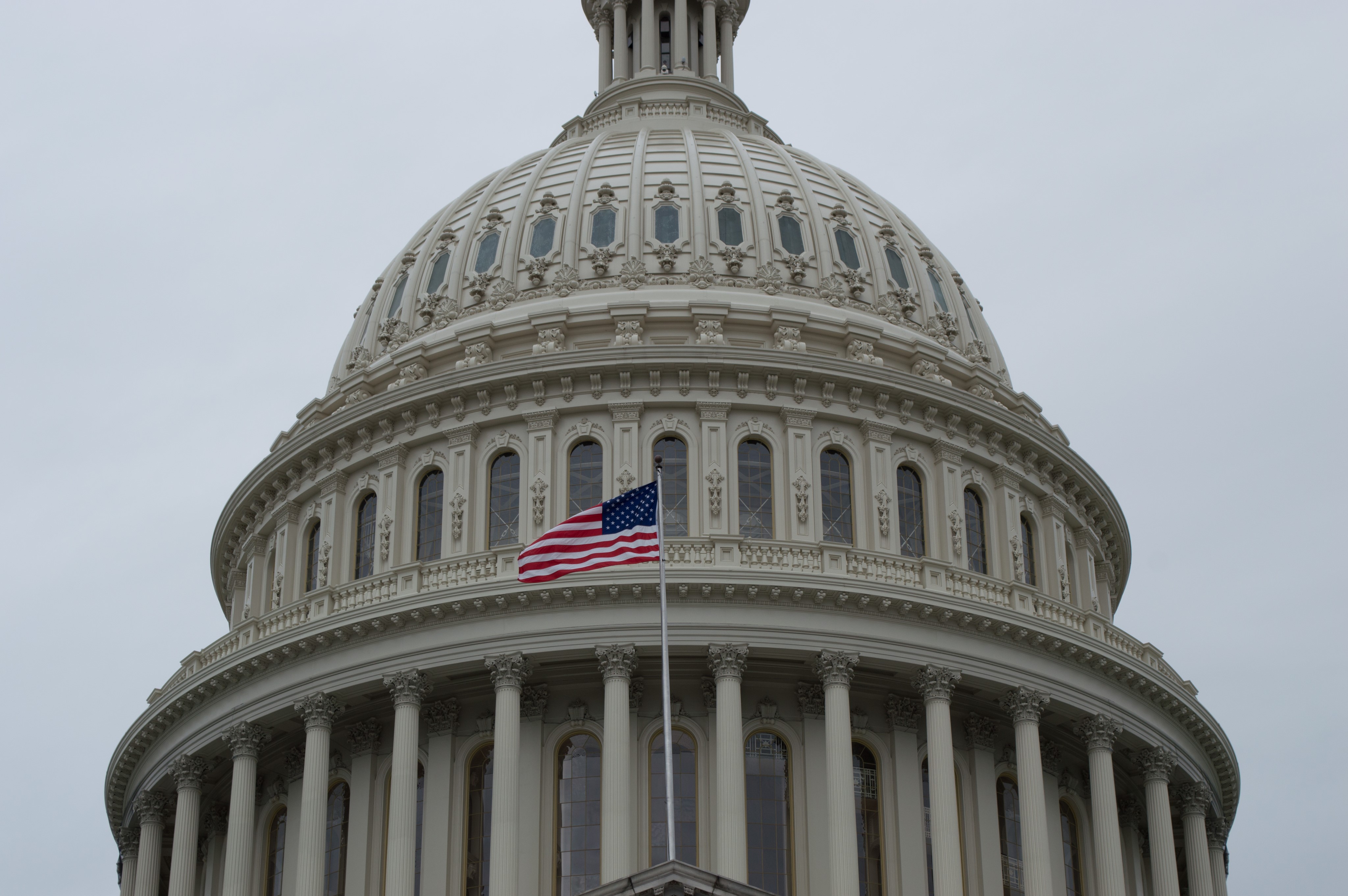Members of the Class of 2020 began their college career amid the contentious 2016 presidential race, seeing President Donald Trump elected during their first semester at Harvard. After four years on campus, his approval ratings remain low among graduating seniors, with 94 percent of graduates viewing him unfavorably.
Looking toward the 2020 general election this fall, a plurality of students — 29 percent — have voted or plan to vote for United States Senator Bernie Sanders (I-Vt.) in the Democratic primary, though he suspended his campaign in early April. Former Vice President Joe Biden, who is now the presumptive nominee, has found support with 25 percent of graduating seniors voting in the primary. His approval ratings, however, are much lower than among those in last year’s graduating class. Fifty-three percent of this year’s graduating seniors view him favorably, compared with 72 percent last year. U.S. Senator Elizabeth Warren (D-Ma.) was also a popular candidate among Harvard seniors voting in the Democratic primary, with 25 percent backing her now-suspended campaign.
Leaning to the Left
Consistent with previous classes, the majority of graduating seniors consider themselves liberal. Twenty-seven percent of students identify as “very liberal,” and 43 percent as “liberal.” A mere 6 percent of students consider themselves “conservative,” and 2 percent consider themselves “very conservative.”
- Female members of the Class of 2020 are slightly more liberal than their male peers — 28 percent of female respondents consider themselves “very liberal” versus 23 percent of male respondents. On the other end of the political spectrum, 3 percent of male respondents consider themselves “very conservative” as opposed to only 1 percent of female respondents.
- Seniors’ political views have increasingly trended left after four years at Harvard. Only 18 percent of graduating seniors considered themselves “very liberal’ when they got to Harvard, compared with 27 percent now. Roughly 2 percent of students identified as “apolitical” when they arrived at Harvard, and less than 1 percent consider themselves as such today.
- A slim majority — 53 percent — of Class of 2020 graduates are registered Democrats, compared with 6 percent who are registered Republicans. Another 15 percent are registered independents, and 26 percent are not registered with a political party. Roughly 49 percent of respondents view the Democratic Party favorably, compared with 6 percent who view the Republican Party favorably.
- Harvard students are only slightly more active voters than the general U.S. population. Sixty-six percent voted in the 2016 election, and 17 percent did not vote but were eligible. Half of the class of 2020 voted in the 2018 midterm elections, precisely in line with national voter turnout rates.
Political Perspectives
Members of the Class of 2020 are generally not satisfied with the state of U.S. politics and policies. The House of Representatives found favor among 31 percent of seniors, and only 12 percent of respondents had a favorable view of the Senate. Eighty-seven percent of students had an unfavorable view of the Trump administration’s recent immigration policies, which have prompted myriad on-campus protests over the past four years. Still, some recent movements have found more support.
- A clear majority of graduating seniors — 77 percent — have a favorable view of the #MeToo movement. Several reports of sexual misconduct on campus were made public during the Class of 2020’s four years, including allegations against Economics professor Roland G. Fryer Jr. and the decision to strip Government professor Jorge I. Dominguez of his emeritus status after 18 women reported being harassed by him over the course of several decades.
- Fifty-three percent of respondents support the Green New Deal, a sweeping government reform plan to tackle climate change that has been advocated by Sanders and U.S. Representative Alexandria Ocasio-Cortez (D-N.Y.), among others.
- In addition to their political preferences, the Class of 2020 has also made career decisions based on the contemporary political landscape. Thirteen percent of respondents said the 2016 election changed their post-graduate plans. Of those, nearly 50 percent said Trump’s election dissuaded them from pursuing federal government positions they had previously considered, while 7 percent say they now hope to run for political office.
- Despite the largely left-leaning campus political climate, 73 percent of respondents said they have chosen not to share an opinion in an academic setting because they feared it would offend others.
